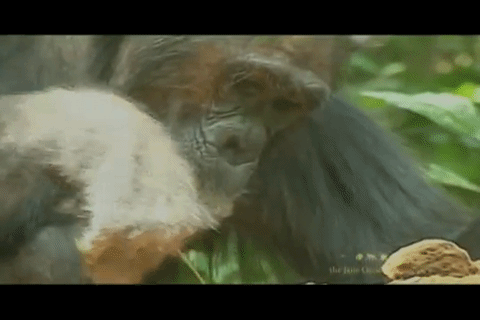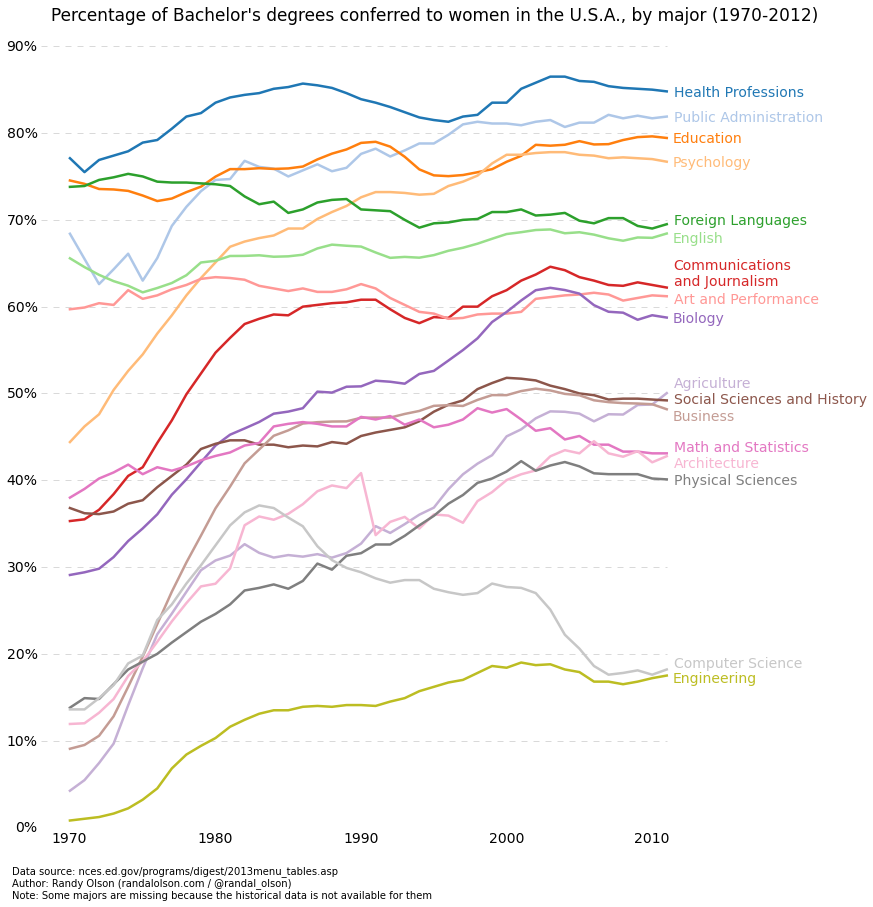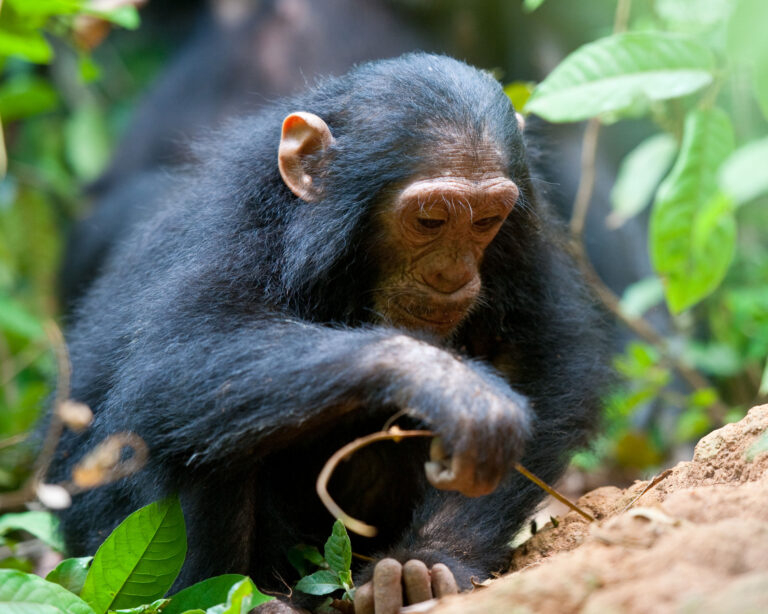On this day, November 4th, 1960, a 26 year old girl from England hid among the robust leaves in the lush rainforest of Gombe, Tanzania, and saw something no one else had previously recorded. A chimpanzee (pan troglodyte) she named David Greybeard, with his arched back covered in elegant black hair to her, was using some mechanism to eat ants out of a mound. What she discovered once he left, was long stalks of grass lying around the mound, which she hypothesized had been used to both disturb the ants and collect them.
Later, she observed something that both confirmed her inferences and shook the foundations of how we differentiated between humanity and the rest of the animal kingdom. Chimpanzees, like the immortalized David Greybeard, use and most importantly make tools like stalks of grass to fish for ants or spears to hunt. Humans could no longer be considered exceptional in a role of “man, the toolmaker.” This woman was Jane Goodall.

At that time, it was thought that humans, and only humans, used and made tools. I had been told from school onwards that the best definition of a human being was man the tool-maker – yet I had just watched a chimp tool-maker in action. I remember that day as vividly as if it was yesterday. [via the Guardian]
How Jane’s findings about chimp tool making and use changed the world:
1. Scientists have discovered many other animal species make and use tools. Crows, orangutans and elephants are just a few on the long list of animals which employ and create various objects to either problem solve or obtain food.
2. There are more women in science. The percent of bachelors degrees earned by women in biology, for example, moved from around 30% to 60% since the scientific discoveries of Dr. Goodall.

3. Animal behavior studies have become inclusive of the idea that non-human animals have culture and individuals have personalities.
The historic finding of tool use in chimpanzee populations was not only indication of our behavioral similarities to our closest living relatives (and certainly more insight into our common ancestry), but also that the lives of non-human animals were much more complicated than we had imagined. Further, this propelled Jane, with support from her mentor Louis Leakey, into academia where she was challenged and discounted repeatedly for her methods and learning. Her thesis and scientific contributions, which raised her research above naysayers, have influenced thousands of other discoveries, changed the methodologies of primatology along with biology and encouraged generations of women in science.
The impacts of this discovery continue to proliferate and foster new thinking in the essential quest for knowledge around human evolution, and what separates, or connects, humans and all other animals.



